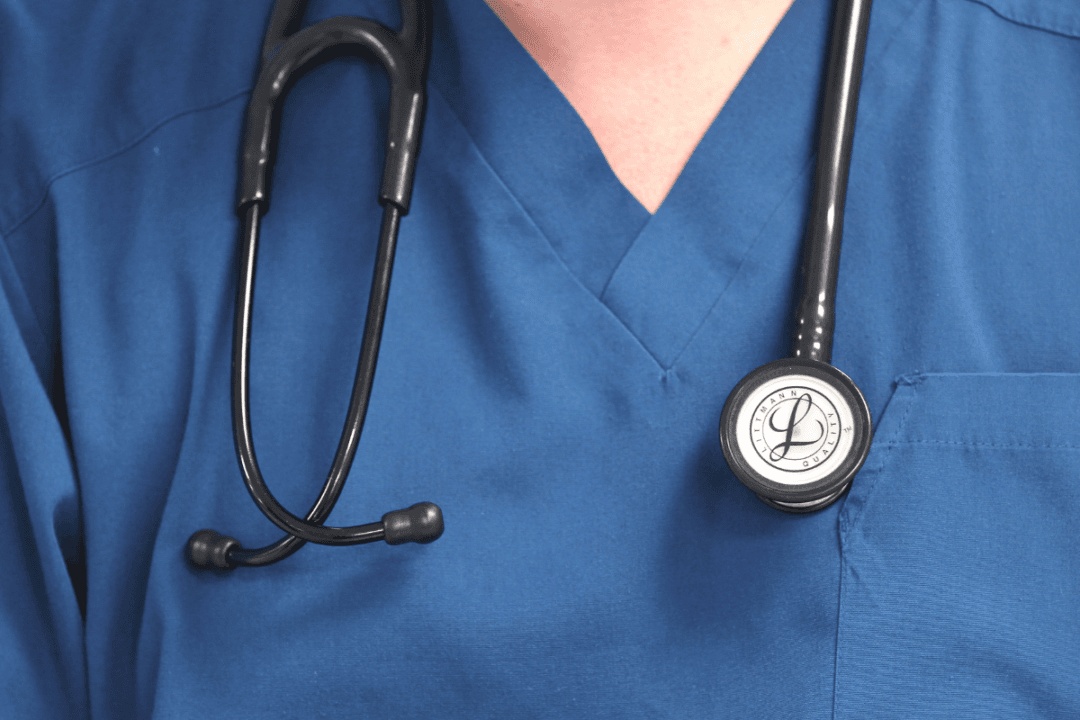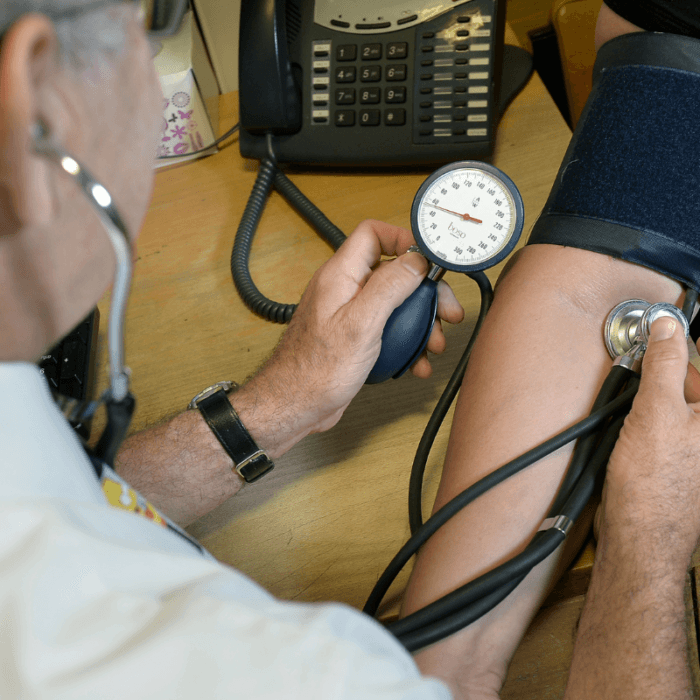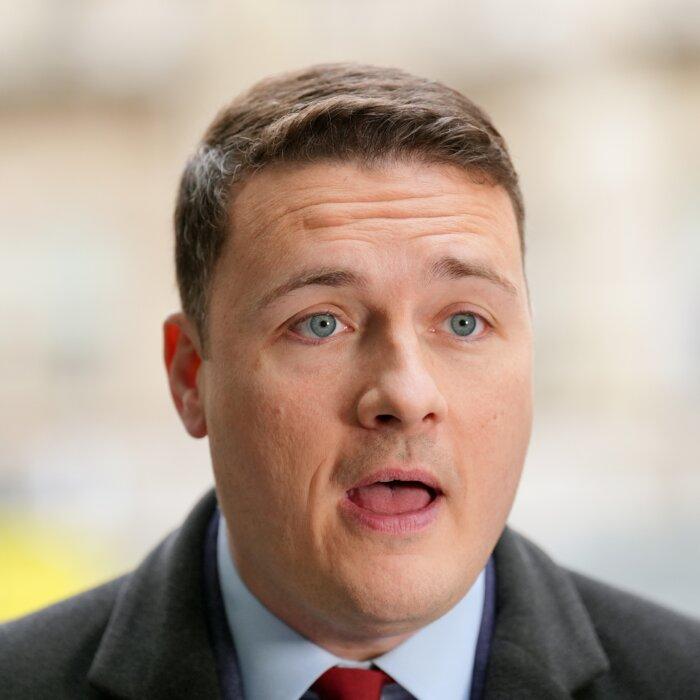More than one in five doctors (23 percent) had to take a leave of absence last year because of stress, a survey by the General Medical Council (GMC) has found.
Some 41 percent of the 4,000 UK doctors polled said they refused to take on additional workloads, nearly double (23 percent) the number from 2021.
More than a fifth of doctors (21 percent) were at high risk of burnout, the report said, with doctors in training “more likely to be at high risk of burnout compared to any other group.”
The GMC’s report said that doctors “are at breaking point.”
“Seeking to protect their wellbeing, doctors are taking matters into their own hands. Many are reducing their hours and declining additional work.
“A concerning proportion are taking time off due to stress. This further constrains capacity, increasing the pressure on those who remain,” the report said.
“A burnt-out doctor is not a safe doctor,” said Dr. Latifa Patel, workforce lead at the British Medical Association (BMA), in response to the report, warning that “losing doctors from an already-short workforce will mean remaining capacity is stretched even more thinly—piling additional pressure on doctors and longer waits for patients.”
The report’s findings come as the government promised an extra 40,000 operations, scans, and appointments a week, with more clinics at evenings and weekends, to tackle the NHS waiting list backlog.
A Department of Health and Social Care spokesperson said: “The NHS is broken and the secretary of state has been clear that he wants to work with doctors to get it back on its feet so it works for patients and staff.
GPs Struggling the Most
The report also noted that the experience of GPs “remain concerningly poor,” with family doctors continuing to be the least likely to be satisfied (42 percent compared with 53 percent of all doctors) and the most likely to be struggling with their workload (48 percent compared with 33 percent of all doctors).“Improving general practice provision will be central to ensuring effective primary and community care, and plans to expand general practitioner (GP) capacity are vitally important,” the report said.
The BMA suggested a series of actions that practices might take, including limiting the number of patients a doctor sees to 25 a day. The union did not specify how long the action would last, but suggested it could go on for months.
Collective Action Will ‘Punish’ Patients
Some have warned that collective action by GPs will impact patients, including Alex Baylis, co-director of policy at The King’s Fund, who warned that the repercussions “will reverberate right across the whole health and care system.”Baylis said that even a small reduction in the availability of GP appointments “will see thousands of patients turn to other services such as 111, pharmacies and A&E departments, many of which will struggle to meet that extra demand.”
On Tuesday, Health Secretary Wes Streeting echoed those concerns, saying that patients are being “punished” as a result of “unnecessary” industrial action, leaving other parts of the NHS to “pick up the pieces.”







